The civil society organization PARCEM on Monday called on the Burundian government to provide greater transparency in the management of revenues generated from the country’s mineral exports, questioning whether the millions of dollars announced by authorities can meaningfully address the nation’s deepening economic crisis.
Speaking at press conference in Burundi’s economic capital Bujumbura, PARCEM executive director Faustin Ndikumana challenged the government’s claims, arguing that the figures presented raise more questions than answers. He said the country’s recent mineral export revenue—around six million dollars—remains far too small to tackle structural economic problems such as the high cost of living.
“Six million dollars converted into Burundian francs is about 18 billion at official exchange rate,” Ndikumana explained. “But when you look at imports that Burundi needs for three months, these range between 700 and 800 billion francs. Comparing 18 billion to 700 billion, we cannot say the situation is significantly improving.”
He urged authorities to identify the legitimate companies involved in mineral extraction and clarify how revenues are recorded at the Burundi’s central bank —BRB. Ndikumana insisted on a thorough audit of how minerals were assessed, priced, and sold on international markets.
“There is a need to verify how the minerals were evaluated, the market price, and how the company which exported them to China was selected,” he said. “These are legitimate questions if we want to ensure there was at least minimal competition.”
He further questioned the government’s opaque communication regarding the entity responsible for exporting minerals.
“Saying ‘the state’ is vague,” he argued. “Is it the BRB? A ministry? A newly created enterprise? OBM? Which institution is exporting minerals abroad, and under which structure will the revenue be registered? Are we facing a monopoly? These elements are essential for fiscal transparency.”
Government Defends Its Management
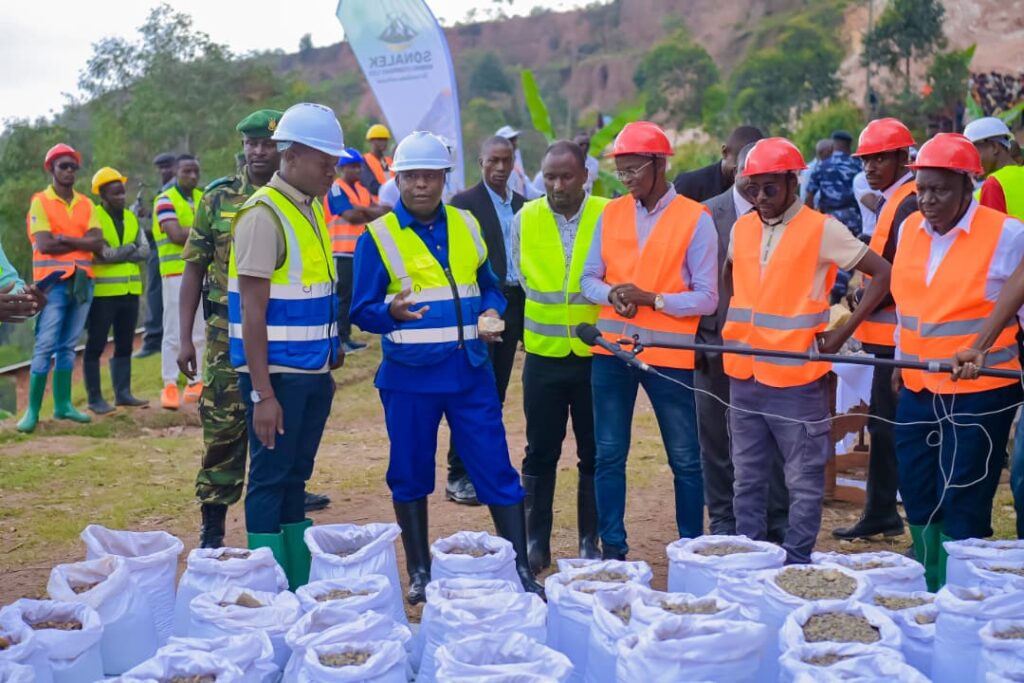
The criticism comes a week after President Evariste Ndayishimiye oversaw the official export of dozens of mineral-loaded trucks—the third such operation in a 100-day initiative meant to reform the sector. The head of state announced that exports had so far generated 6.834 million US dollars.
Ndayishimiye said that recent on-the-ground evaluations revealed the existence of 267 mineral sites across the country, 247 of which are currently being exploited. Burundi, he added, holds 27 types of minerals, including gold extracted from 119 identified sites.
He also noted that several extracted minerals had not yet been exported, citing 980 units of amethyst, 131 of coltan, 812 of cassiterite, six tons of agape and 15 of beryllium, which he said would be exported soon.
The president emphasized that the current statistics stem from a 100-day pilot phase, after which the Ministry of Energy will take over long-term oversight.
Fraud, Embezzlement, and Other Challenges
Ndayishimiye did not shy away from acknowledging widespread fraud within the sector. He accused some mining cooperatives of deceiving the state by underreporting production.
“Among the sites being exploited, we discovered 22 where cooperatives claimed they produced nothing, while minerals were clearly present,” he said. “Some private cooperatives may have misled us because we did not know their real production.”
He added that around 20 sites were operated illegally by unknown groups, revealing a profound lack of oversight. Other challenges include insufficient geological research, which leaves authorities unable to determine the exact quantities or value of minerals.
“We know minerals exist, but nobody knows their exact quantities or worth,” the president said. He also criticized individuals who illegally purchased land and then claimed ownership of minerals found beneath it—despite the mining code clearly stating that all minerals belong to the state.
The government, he added, has seized stolen minerals extracted without authorization and secretly exported, with a special task force working to arrest those involved.
Ndayishimiye urged all mining cooperatives to operate transparently, disclose their investments, and comply with national regulations. He warned that legal consequences await those who fail to follow the law.

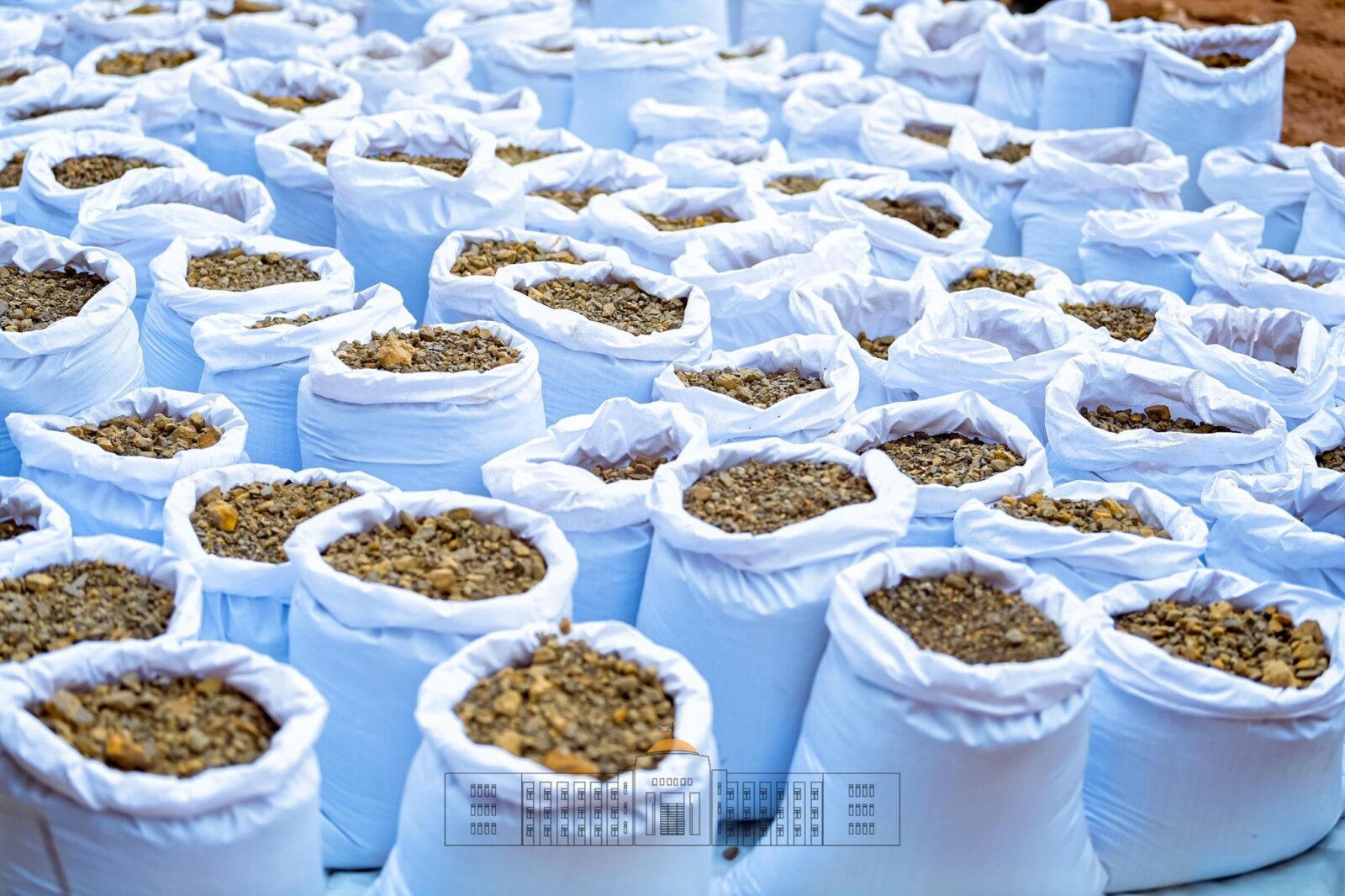
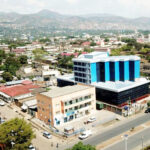

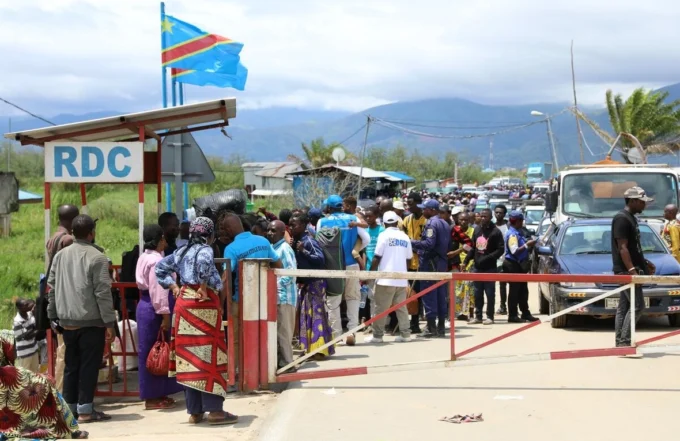
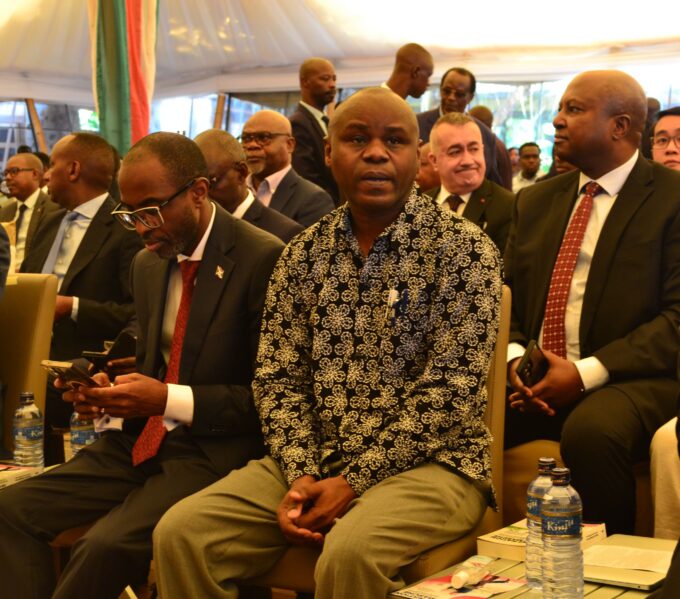

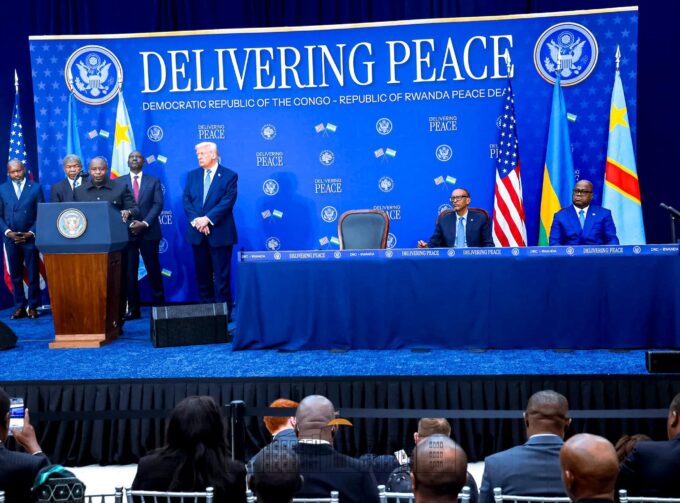
Leave a comment